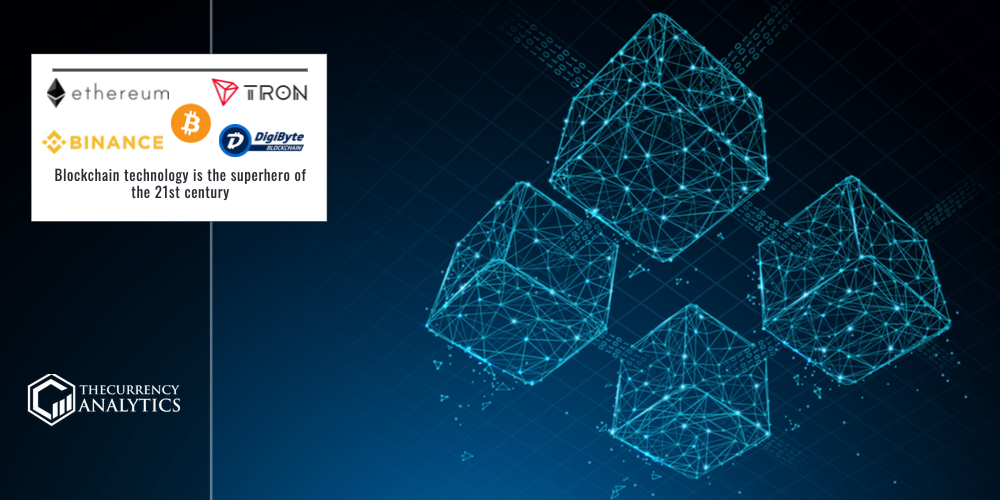
Blockchain technology is the superhero of the 21st century
Talk about the most disruptive technologies of the modern times and it’s the blockchain technology that takes the cake away. Riding on its grand ethos of decentralization, immutability and transparency, the concept of blockchain holds the potential to disrupt various industries and for better. From finance to education to healthcare to agriculture, blockchain is revolutionizing a lot of industries today. It won’t be exaggerating to say blockchain is the superhero of the 21st century.
Here is a quick overview on major pointers that underline the significance of blockchain in the contemporary times.
More transparency
Blockchain maintains transparency with its very transaction ledger that’s always open to public view. Now, in a financial system or a business, this transparency quotient helps to leverage the accountability meter of the overall system, making it more reliable before its audience. The transparency factor also inspires better performance from every sector of a business which will eventually catapult further proliferation of the company.
Faster processing and lower costs
Blockchain rests on a decentralized infrastructure which eliminates middlemen involvement in various fields, like payment process or real estate dealings. The absence of middlemen makes the processes faster and comparatively economical.
Higher security
Blockchain transactions are immutable, incorruptible and backed by state-of-the-art impenetrable encryption. Thus, businesses based on blockchain technology can always assure higher security compared to those that are not.
Here is a comparison study on the major blockchain platforms today-
Bitcoin (BTC)
The Bitcoin blockchain is certainly the most popular blockchain technology in the current times. One of the pioneering names in the blockchain world, the BTC blockchain powers the #1 cryptocurrency (Bitcoin) and follows the PoW (Proof-Of-Work) mining process to mine new BTC coins.
Ethereum (ETH)
Ethereum is the second most esteemed blockchain platform today, next to Bitcoin. Launched in 2013 by Russian-Canadian programmer Vitalk Buterin, Ethereum operates smart contracts right on its custom-built blockchain. The blockchain plays an instrumental role in the development of the DeFi world as most of the DeFi applications are based on Ethereum blockchain.
TRON (TRX)
One of the largest blockchain projects in the world, TRON is also the fastest growing public chain in the world. The blockchain project has recently adopted the Bridge Oracle which will now empower smart contracts on TRON to contribute more proactively to real-life use cases, such as DeFi applications.
DigiByte (DGB)
A relatively new entrant in the current blockchain market, DigiByte represents the most decentralized UTXO blockchain. Another major factor that keeps DigiByte ahead in the market is its adoption of Multi-Algo mining technology that rewards the blockchain with higher hash power. Such an infrastructure ensures improved security by eliminating attack risks from rented hash power.
Binance Chain (BNB)
Binance Chain is the blockchain project developed by crypto exchange giant Binance. The Binance coin a.k.a. BNB was previously hosted on ETH blockchain. But, with the launch of its own blockchain, Binance has shifted BNB from the ETH blockchain to its signature Binance Chain. Binance Chain doesn’t hold custody of the funds and traders are allowed to have control of assets and private keys as well as trade wallet-to-wallet over Binance DEX. Such an advanced infrastructure implies Binance traders would no longer need to worry over hacking attacks on exchanges.
Get the latest Crypto & Blockchain News in your inbox.